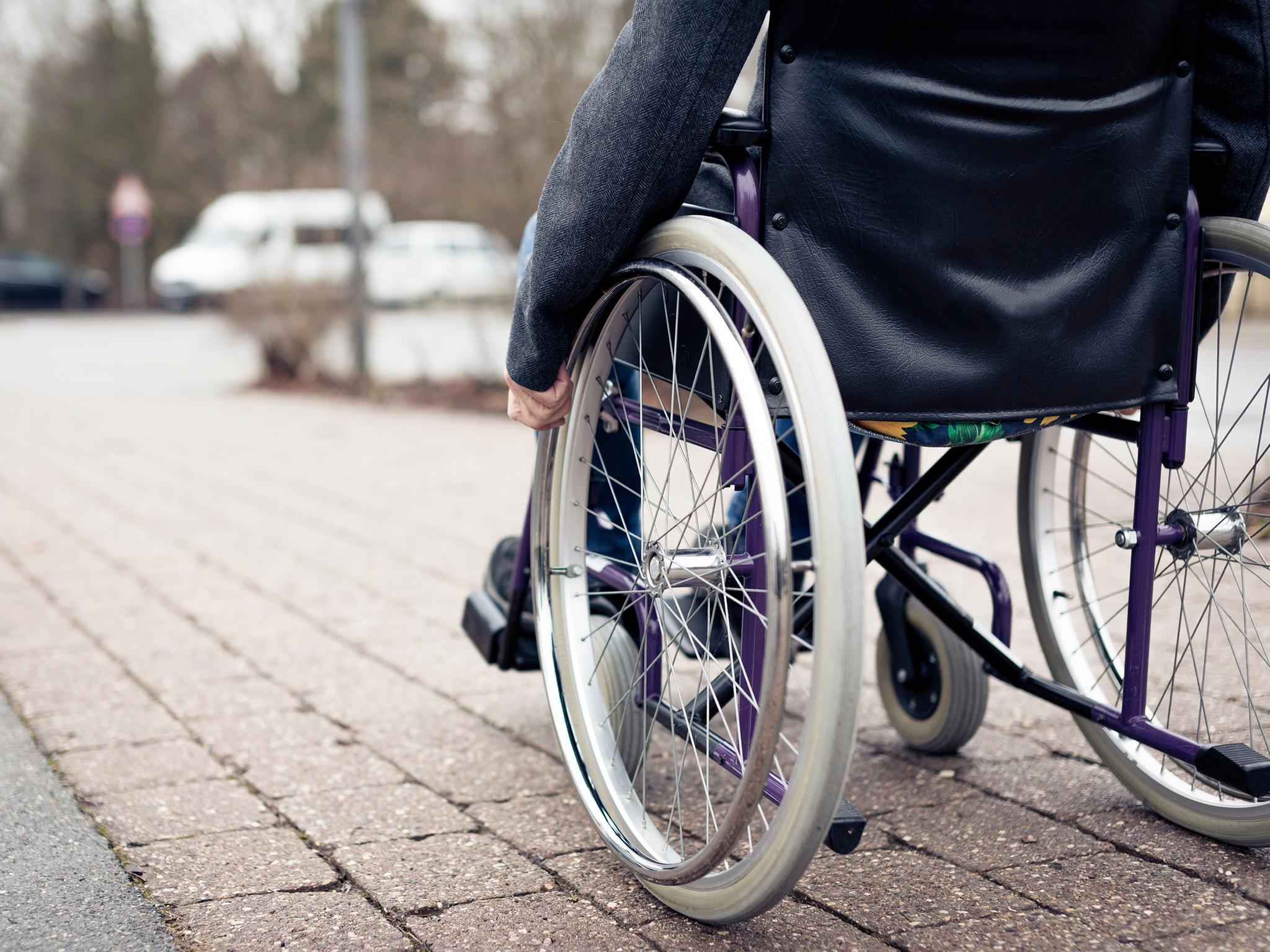Wheelchair user sues dance company over banning him from using dance floor
Fred Walden says he feels humiliated by claims his wheelchair damaged the dancefloor

Your support helps us to tell the story
From reproductive rights to climate change to Big Tech, The Independent is on the ground when the story is developing. Whether it's investigating the financials of Elon Musk's pro-Trump PAC or producing our latest documentary, 'The A Word', which shines a light on the American women fighting for reproductive rights, we know how important it is to parse out the facts from the messaging.
At such a critical moment in US history, we need reporters on the ground. Your donation allows us to keep sending journalists to speak to both sides of the story.
The Independent is trusted by Americans across the entire political spectrum. And unlike many other quality news outlets, we choose not to lock Americans out of our reporting and analysis with paywalls. We believe quality journalism should be available to everyone, paid for by those who can afford it.
Your support makes all the difference.A disabled dancer is suing a company for discriminating against the use of his wheelchair, after he was allegedly told it was damaging the dancefloor.
Fred Walden, 54, told the BBC he was banned from a Jive Addiction event last October when staff said his wheelchair was causing damage to the floor.
“I was taken to an area of the dance floor I hadn’t been on and shown a black scuff mark which rubbed off easily,” he said, adding that he explained to the staff member that his wheelchair had been fitted with specially designed sports tyres that do not leave marks.
Mr Walden dances with able-bodied partners and said he felt angry and embarrassed due to the way he was treated.
He is suing Jive Addiction for discrimination under the Equality Act.
The company has been contacted by The Independent but has not yet returned a request for comment. In the company’s legal defence, seen by the BBC, it denied it had discriminated against Mr Walden and stated that Jive Addiction’s policy does not allow any dancer to damage the floor with any kind of object.
Mr Walden’s solicitor, Chris Fry from Unity Law, said that having a policy that treats everyone the same shows a “fundamental misunderstanding” of the Equality Act if a company beleives such a policy is compliant with legislation.
“If you have a wheelchair policy which says wheelchair users are not allowed on a dance floor, then essentially you are preventing disabled people from participating in this activity,” he told the broadcaster.
Liz Sayce, chief executive, Disability Rights UK, told The Independent that it is important for companies to check through their policies to ensure they do not inadvertently discriminate against disabled people.
“Disabled people rightly expect to participate in activities from dancing to cinema to sports and it is in the interest of companies to welcome everybody. Blanket 0policies can be discriminatory if they are not thought through for the effect they might have on disabled people.
“It is important for companies to check through their policies to ensure they don’t inadvertently discriminate against disabled people – the key is to see whether a solution can be found, and if it can, the company needs to follow it.”
Join our commenting forum
Join thought-provoking conversations, follow other Independent readers and see their replies
Comments